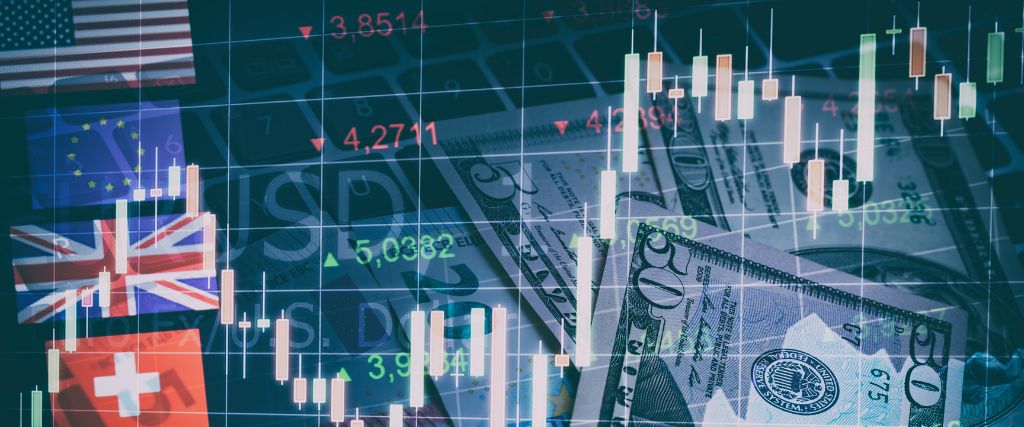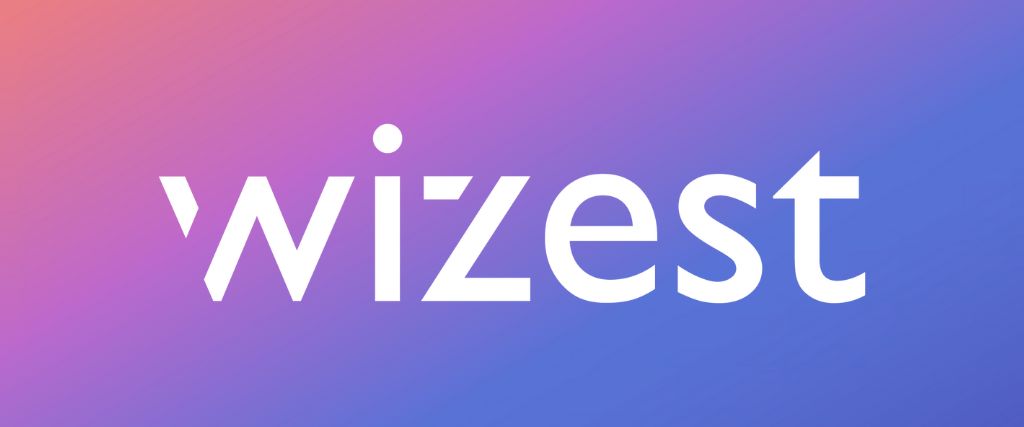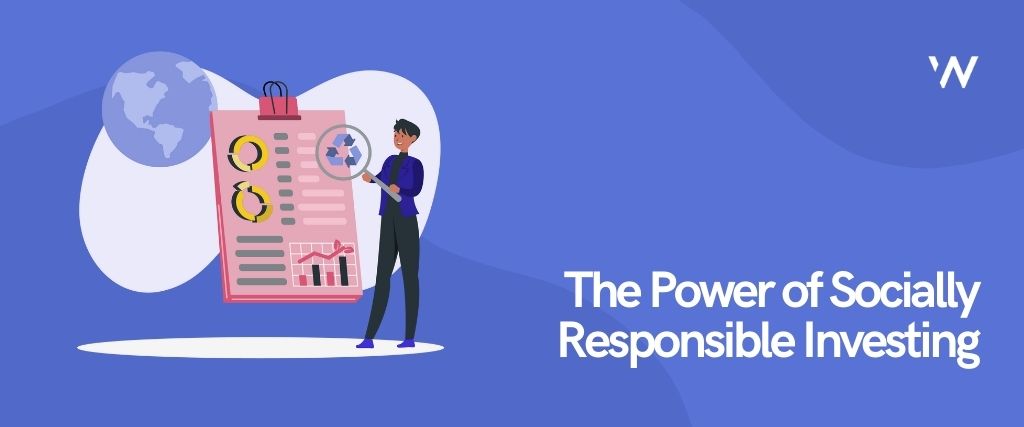A Beginner's Guide to Futures Trading: Strategies & Secrets
What Are Futures?
That’s right, in investing, futures is plural. Not as in multiple outcomes in the progression of time, but futures as financial instruments that can be used as part of an investment portfolio. Futures contracts are a type of financial instrument that allow investors to buy and sell an asset at a specified price on a predetermined date in the future. In practice, futures trading is used by both hedgers and speculators as they provide exposure to potential gains or losses from changes in market prices without actually owning the underlying asset. They can be based on stocks, currencies, commodities, and indices.
Essentially, futures act as agreements between two parties – usually between buyers and sellers – who agree to trade an asset at a specific time in the future for an agreed-upon price today. This allows traders to potentially benefit from price movements without physically delivering the underlying asset. In addition, since these contracts have standard sizes and expiration dates, they offer greater liquidity than other derivatives like options or swaps.
How do Investors Use Them?
By using futures trading for investing purposes, traders can gain access to various markets with just one contract instead of multiple individual trades. This makes it easier for investors to manage their risk while still taking advantage of any potential profits that may arise due to fluctuations in prices over time. Furthermore, because these contracts are standardized across exchanges around the world, it is much simpler for investors to compare different prices offered by different brokers before making decisions about where to trade.
When trading with futures, it is important to consider the different types of contracts available, as they all have unique risks and advantages. In general, there are three main categories – commodity futures, stock index futures, and currency futures – which all serve distinct purposes.

Successful futures trading requires careful consideration of potential risks and developing strategies to manage such exposure. There is always a chance of losses due to sudden changes in market prices, and there is also the risk of margin calls if positions are held for too long or if account values drop below certain thresholds. Therefore, it is important to develop strategies that will help you manage your exposure to these risks while still striving for profits.
The Different Kinds of Futures
Futures contracts come in many different forms, each with its unique characteristics and uses. The first step to trading with futures is understanding these options. They are generally broken up into three categories: commodity futures, which involve buying or selling a physical asset, such as oil or wheat; stock index futures, which allow futures traders to gain exposure to the performance of a particular market index; and currency futures, which enable investors to hedge against foreign exchange rate risk by locking in a specified exchange rate for when currencies are exchanged at maturity.
Hedging is one of the main ways investors use futures. Hedging involves taking an opposite position to what you currently hold with an underlying asset. If you lose money on your initial investment in a said asset, your future position can cover some potential losses.

Commodity Futures
Commodity Futures are agreements to buy or sell a specific quantity of a commodity at a predetermined price on a future date. These commodities contracts are often used by producers and consumers to hedge against price fluctuations in agricultural products, metals, energy resources, and other commodities. By using these futures contracts, producers can lock in prices for their products while consumers can protect themselves from rising prices without actually buying crude oil or gold directly.
Currency Futures
Currency Futures are similar to commodity futures but instead involve trading currencies between two countries or regions. They offer investors an opportunity to speculate on changes in currency exchange rates without having to purchase the underlying currencies. Investors can also use these contracts to manage foreign exchange rate risk by locking a specified exchange rate for when currencies are exchanged at maturity.
Interest Rate Futures
Interest Rate Futures allow traders and investors to take advantage of any expected changes in interest rates by betting on the direction of the market over a certain period of time. Banks and other financial institutions generally use these types of investments as part of their hedging strategies. They can help reduce exposure to movements in interest rates which could negatively impact their business operations.
Within these three main categories of futures markets, there is an array of different types of futures contracts that investors can choose from, depending on their goals and risk profile. Each type has its unique advantages and disadvantages so it is important to do your research before trading futures contracts so you know what you’re getting into before making any investment decision.

It is important to be aware of the potential risks of trading futures. Of course, there is always a chance of losses due to sudden changes in market prices, and there is also the risk of margin calls if positions are held for too long or if account values drop below certain thresholds. Therefore, it is important to develop strategies that will help you manage your exposure to these risks while still striving for profits.
How Does Futures Trading Work?
Even with an understanding of what futures are in finance, they still need to be clarified in practice. All futures contracts revolve around the buying and selling of an asset at a predetermined price and date. These contracts can be based on stocks, currencies, commodities, or indices, allowing investors to manage their risk while still taking advantage of any potential profits due to fluctuations in prices over time.
Futures contracts are also standardized across futures exchanges. They have a fixed expiration date and standard sizes, which makes them easier to trade. Investors only need to purchase one contract instead of multiple individual trades, which helps them manage their risk efficiently while still taking advantage of any potential profits from changes in market prices.

Advantages and Disadvantages of Futures Trading
Futures contracts are a popular way for investors to gain exposure to potential gains or losses from changes in market prices without actually owning the underlying asset. While futures can offer many advantages, there are also some associated risks and disadvantages that must be taken into consideration before entering into a contract.
Advantages of Futures Trading:
Low Cost: Since futures contracts are standardized, investors do not have to spend a lot of time researching or making individual trades. This makes them a cheaper option compared to buying the underlying asset outright.
Leverage: Futures can provide leverage as investors only need to put up a fraction of the capital in order to enter into a contract. This can be beneficial for those looking to maximize their profits from small price movements in market prices, but it also carries with it higher risk.
Flexibility: Futures allow traders to take advantage of changes in both upward and downward price movements without having ownership of the underlying asset, which provides flexibility when managing their portfolio.
Disadvantages of Futures Trading:
Risk: As mentioned, futures are a leveraged product and can carry with it high risks. This means that investors can potentially suffer large losses if the market moves against them or if they do not have enough capital to cover their positions.
Cost: While the cost of entering into a contract is relatively low, there are other hidden costs such as commissions and margin calls which can quickly add up over time.
Complexity: Futures contracts are complex instruments and require a good understanding of how they work in order to be successful in trading them. This can make them intimidating for newcomers to the world of investing.
Overall, futures offer both advantages and disadvantages to investors, depending on your trading goals and risk appetite. If you’re a novice investor interested in futures trading, it’s probably a good idea to work with an expert in the area to start you on the right path. With some knowledge and due diligence, traders can use futures as a valuable tool in their investing arsenal.

Strategies for Investing with Futures
When it comes to investing with futures, there are a few key strategies that can help traders and investors increase their chances of success. Most important is researching your options to understand the different types of futures available and the advantages and disadvantages associated with each. Doing this research will allow you to select futures contracts that align with your expertise level, financial situation, and risk tolerance levels.
Additionally, futures traders should also take into account any additional fees and costs associated with the contracts such as brokerage services charges. These can add up quickly, so it is important for investors to factor this in when calculating their potential profits or losses. Finally, it is important to be aware of any changes in market conditions that could potentially affect the value of the futures contract. By staying on top of current events and having an overall understanding of the markets, traders can better manage their positions and make more informed decisions about when to enter or exit a contract.
Diversification
One of the best uses for futures contracts is the ability to diversify your portfolio in ways stocks and ETFs don’t allow. They give traders exposure to markets and underlying assets that may have been too costly or complicated for them otherwise. Futures contracts also are a way to access assets that aren’t found in other markets. This makes them ideal for managing risk if your other investments don’t have any obvious correlations to a given futures contract.
Another great aspect of futures is their tax benefits. When profitable, futures are taxed at a 60/40 rate – 60% of the profits are taxed as long-term capital gains, while the remaining 40% is taxed as regular income. For comparison, any stocks held for under a year are taxed as regular income completely.

You Can Invest in Futures Too!
As you can see, futures trading is complicated. They can be a lot to wrap your head around, let alone invest in strategically. If you’re just getting started on your investing journey, you’re going to want to approach futures with some help.
With Wizest, we created an investing solution that offers all the support new traders need. Wizest gives users access to a team of carefully vetted financial experts offering a variety of investment strategies. There’s something for every kind of investor, or you can start by utilizing multiple Experts and multiple strategies, revising your team as often as you like.
Our mission is to democratize the stock market and remove some of the barriers to entry that discourage people from making their money work for them. We understand the stock market can be intimidating and overwhelming and that most people’s lives are too busy for market analysis.
Wizest lets you pick people instead of stocks. You can build your team of financial experts by browsing their Expert Profiles and Portfolios like you would on a social media platform. Building your team takes just minutes, replicating the portfolios of Experts with one click after you check out their profiles. It’s like fantasy football for investing!
We’re making the stock market approachable for new investors, diversification easier for veteran investors, and adding some fun to the financial journey. Our simple subscription model makes it affordable for everyone (the cost of 1 coffee a week), no matter the size of your account, with no hidden fees.
Sign up for Wizest now to take advantage of our special launch pricing!
Mastering the Basics: Essential Investing Concepts...
2023-08-29
For young people, carving a secure financial future is daunting, especially when faced with economic...
Read moreThe Power of Socially Responsible Investing...
2023-09-01
Socially Responsible Investing is a strategy that prioritizes not only the potential for financial r...
Read moreAn Introduction to Automated Investment Accounts: ...
2023-09-11
Creating Automated Investment Accounts, the core portfolios they utilize, account minimums, manageme...
Read more


